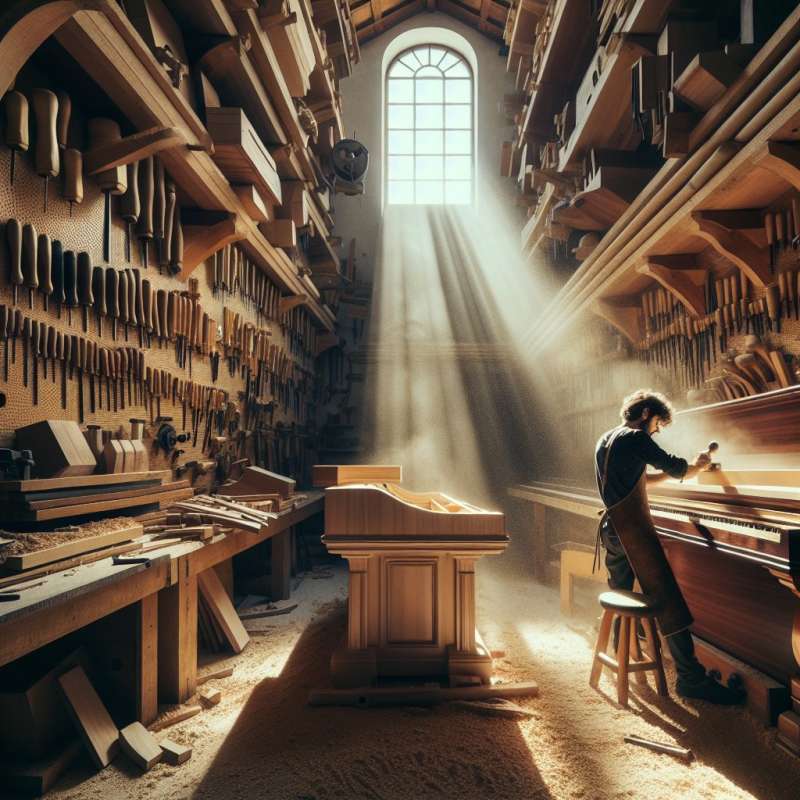
Piano Origins Revealed
The piano's invention was in 1700 by Bartolomeo Cristofori in Italy. Originally named 'gravicembalo col piano e forte', it offered variable tones, a distinct advancement from the harpsichord.
Evolution of Piano Design
Early pianos underwent numerous changes through the 18th and 19th centuries. Innovations included iron framing, felt hammers, and cross-stringing, leading to the powerful, resonant grand pianos of today.
Dynamic Range Exploration
The piano's dynamic range, unmatched by earlier keyboard instruments, allows for expressive playing. From the softest pianissimo to the loudest fortissimo, the piano's 88 keys offer a wide spectrum of emotion.
Pedals Enhance Expression
Modern pianos typically have three pedals: the damper pedal, the soft pedal, and the sostenuto pedal. Each pedal plays a crucial role in the piano’s expressive capabilities, sustaining or softening notes.
Famous Piano Composers
Beethoven, Chopin, and Liszt were pivotal in stretching the piano's capabilities. Their compositions often pushed the boundaries of what was technically possible at the time.
Piano in Modern Music
The piano has transitioned seamlessly into modern genres. It's a staple in jazz, pop, rock, and even electronic music, showing its versatility and timelessness.
Piano's Global Journey
Initially a European invention, the piano has become a global instrument. It’s integral in music education worldwide and has a strong presence in concerts and homes across various cultures.
Who invented the piano?
Ludwig van Beethoven
Bartolomeo Cristofori
Franz Liszt
Company